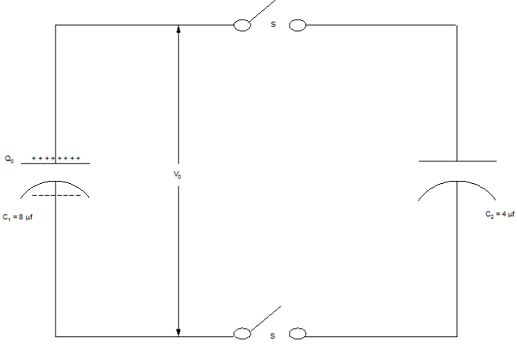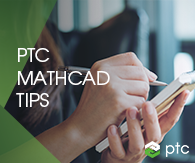Community Tip - Your Friends List is a way to easily have access to the community members that you interact with the most! X
- Subscribe to RSS Feed
- Mark Topic as New
- Mark Topic as Read
- Float this Topic for Current User
- Bookmark
- Subscribe
- Mute
- Printer Friendly Page
Theory of the Capacitor revised
- Mark as New
- Bookmark
- Subscribe
- Mute
- Subscribe to RSS Feed
- Permalink
- Notify Moderator
Theory of the Capacitor revised
By Ronald Satz, Ph.D.

This worksheet will:
- Solve a common two-circuit physics problem to determine charges and energy, keeping in mind the Reciprocal System Theory and the conventional theory
- Apply to Physics, etc.
- Perform using electric theory, Reciprocal System Theory, capacitance equations, energy equations, etc.
This paper compares the Reciprocal System theory of the capacitor to the conventional one. Conventional theory posits that neutral matter contains an equal number of positive and negative charges. It also states that capacitors, which are neutral overall, have positive charges on one plate and an equal number of negative charges residing on the other plate. In contrast, the Reciprocal System says that neutral matter is charge-free and that capacitors store uncharged electrons; the capacitor "charge" is actually just another form of energy. Consider an electrical circuit with two capacitors, one "charged" and one not, connected by an initially-open switch. When the switch is closed, part of the capacitor "charge" flows to the uncharged capacitor. According to conventional physics, this action does not conserve energy; according to the Reciprocal System it does.
To begin, all variables are laid out. Next the author finds the capacitance for a parallel plate capacitor and discovers that as distance is reduced, capacitance increases. A well-known physics example is taken from a textbook using two capacitors. The author shows how to properly calculate for the charges on the indicidual capacitators and the final energy of the system keeping in mind the Reciprocal System. The author also takes into account quantity relations (how many electrons are in the capacitor(s)).
All notation, data, formulas, calculations, and solutions are provided to aid you in your own calculations.
Download and explore this worksheet yourself! You can download a free lifetime copy of PTC Mathcad Express and get 30 days of full functionality.
- Labels:
-
Statistics_Analysis


